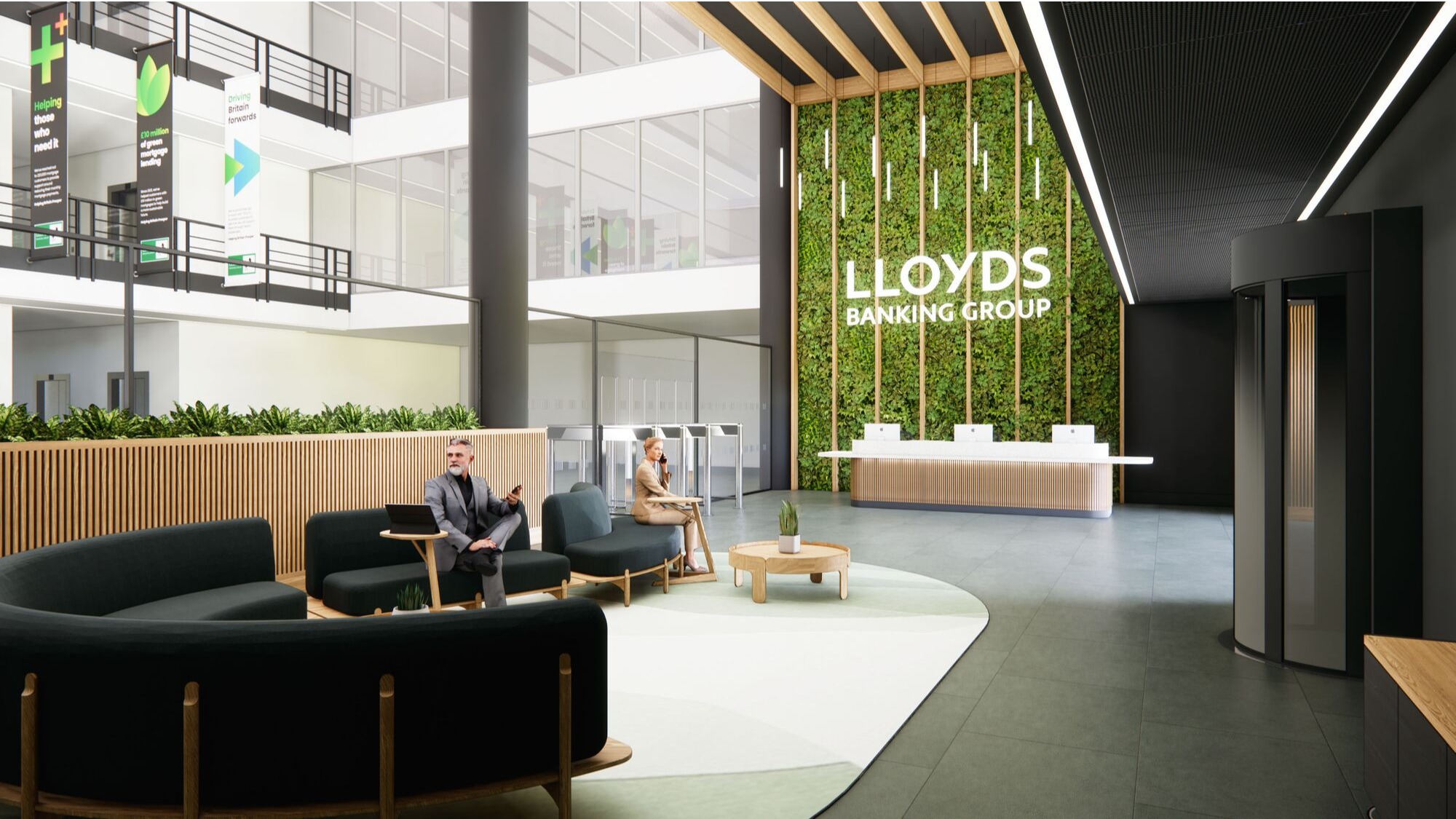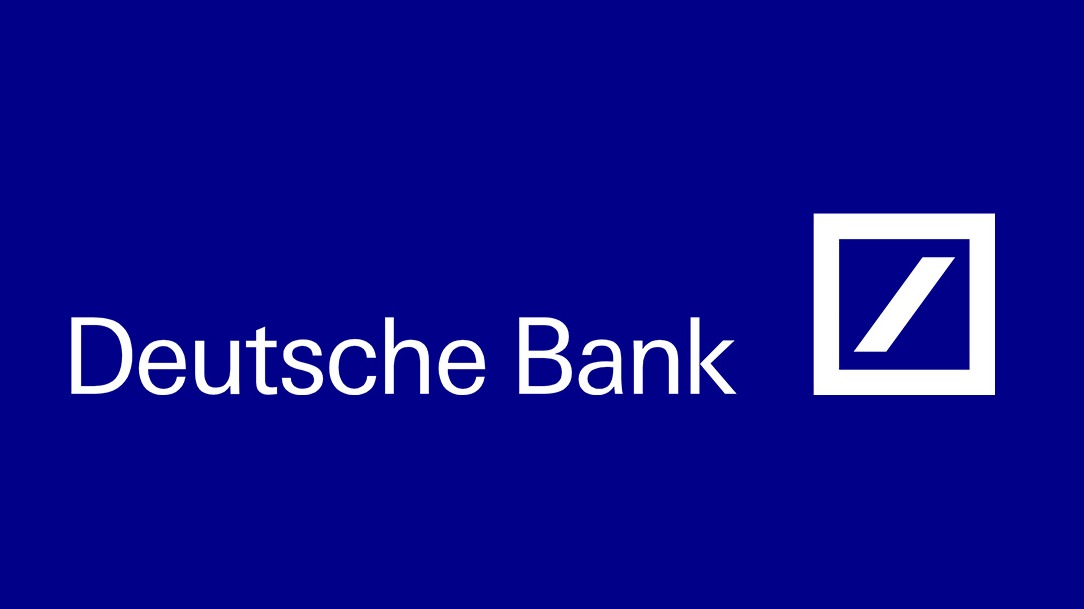The UK government has sold its final shares in NatWest Group, ending nearly 17 years of public ownership that began with a £45.5 billion bailout during the 2008 financial crisis.
The Treasury's complete exit from the banking group, formerly known as Royal Bank of Scotland, marks the end of state intervention that protected millions of savers and businesses when the bank faced collapse at the height of the global financial crisis.
Chancellor Rachel Reeves said the privatisation "turns the page on a significant chapter in this country's history". She added: "Nearly two decades ago, the then government stepped in to protect millions of savers and businesses from the consequences of the collapse of RBS. That was the right decision then to secure the economy."
The government initially took an 84.4 per cent stake in RBS through two rescue financings in 2008 and 2009, making it one of the world's largest banking bailouts. The intervention came after RBS's aggressive expansion under former chief executive fred goodwin, including the £49 billion acquisition of Dutch bank ABN Amro in 2007.
However, taxpayers have made a £10.5 billion loss on the bailout, with the Treasury recovering only £35 billion through share sales, dividends and fees. This contrasts with the government's profitable exit from Lloyds Banking Group in 2017, which generated a £900 million return after its £20.3 billion rescue.
Economic secretary to the treasury emma reynolds defended the financial outcome, stating: "While this is around £10.5 billion less than the original support, the alternative would have been a collapse with far greater economic costs and social consequences."
The privatisation process accelerated in recent months, with the government's stake falling from 38 per cent in December 2023 to below 1 per cent earlier this month. The final shares were sold through a trading plan on 30 May 2025, generating over £13.2 billion in proceeds.
NatWest chair Rick Haythornthwaite said the bank remained "deeply grateful to the government – and to UK taxpayers – for their intervention and support". He added: "At a time of global crisis, this intervention stabilised our banking system and, by extension, our economy; protecting millions of savers, homeowners and businesses."
Chief executive Paul Thwaite described the moment as significant for the bank and the UK more widely, saying: "As we turn the page on the financial crisis, we can look to the future with confidence, without forgetting the lessons of the past."
The bank, which rebranded from RBS to NatWest in 2020, has transformed from the world's largest bank by assets to a domestic-focused lender, with almost all its income now generated in the UK compared to 62 per cent in 2007.
NatWest shares have climbed almost 70 per cent in the past year, returning above the bailout price for the first time since 2011, helped by higher interest rates that have restored favour to European banking stocks.
Latest News
-
Mizuho to replace 5,000 administrative roles with AI
-
Allica achieves unicorn status through latest funding round
-
AI disruption risk varies between platform and service-based firms, says new report
-
ClearBank moves into the heart of London’s financial centre
-
Citi forms AI infrastructure banking team and invests in Sakana AI
-
HSBC chief Elhedery says overhaul nearly complete despite profit fall
Creating value together: Strategic partnerships in the age of GCCs
As Global Capability Centres reshape the financial services landscape, one question stands out: how do leading banks balance in-house innovation with strategic partnerships to drive real transformation?
Data trust in the AI era: Building customer confidence through responsible banking
In the second episode of FStech’s three-part video podcast series sponsored by HCLTech, Sudip Lahiri, Executive Vice President & Head of Financial Services for Europe & UKI at HCLTech examines the critical relationship between data trust, transparency, and responsible AI implementation in financial services.
Banking's GenAI evolution: Beyond the hype, building the future
In the first episode of a three-part video podcast series sponsored by HCLTech, Sudip Lahiri, Executive Vice President & Head of Financial Services for Europe & UKI at HCLTech explores how financial institutions can navigate the transformative potential of Generative AI while building lasting foundations for innovation.
Beyond compliance: Building unshakeable operational resilience in financial services
In today's rapidly evolving financial landscape, operational resilience has become a critical focus for institutions worldwide. As regulatory requirements grow more complex and cyber threats, particularly ransomware, become increasingly sophisticated, financial services providers must adapt and strengthen their defences. The intersection of compliance, technology, and security presents both challenges and opportunities.
© 2019 Perspective Publishing Privacy & Cookies
















Recent Stories